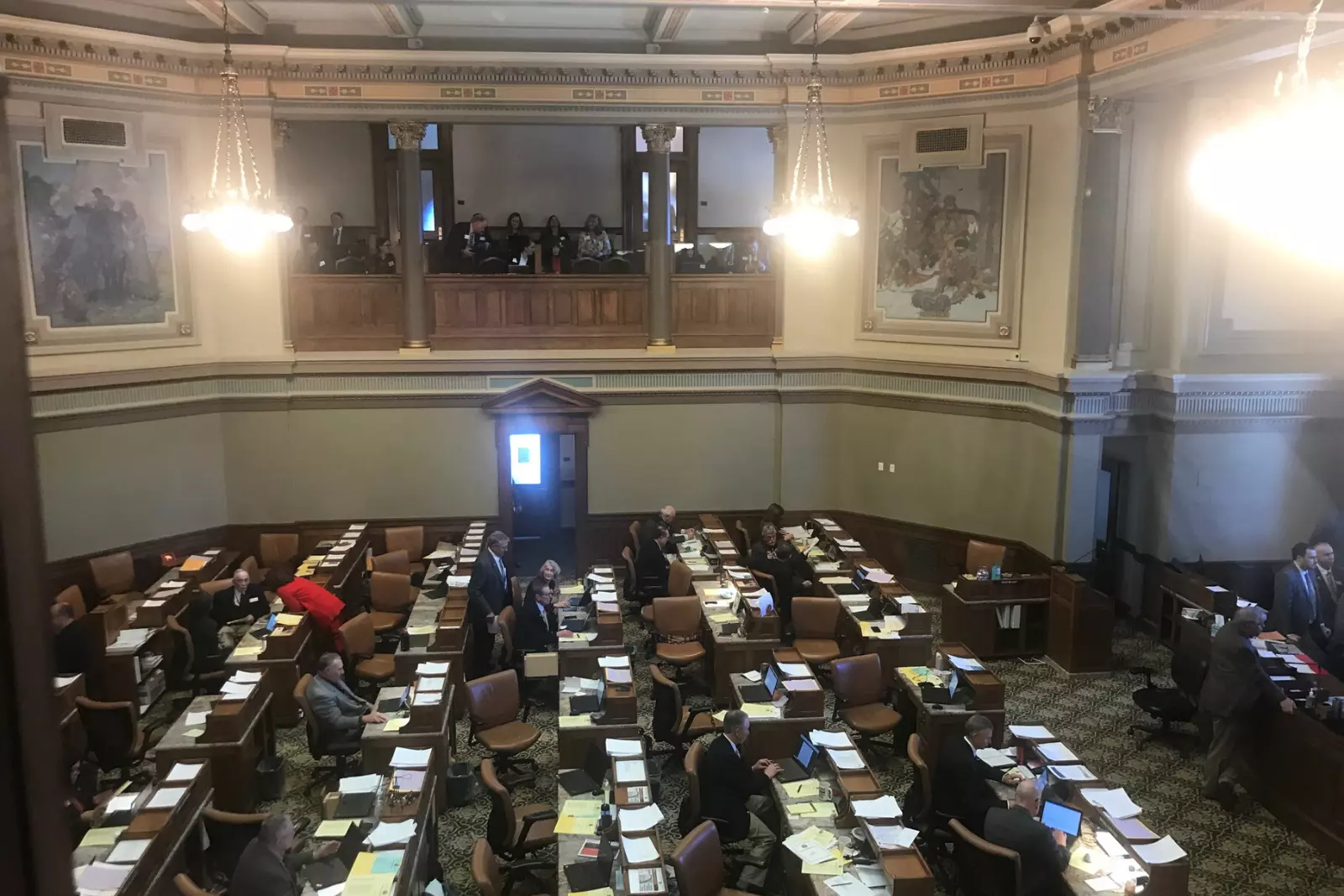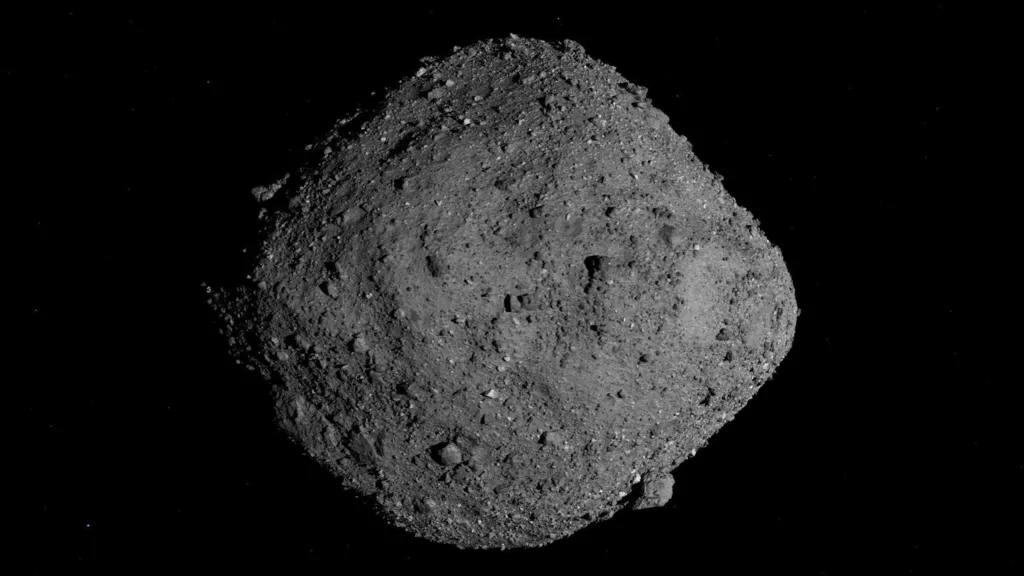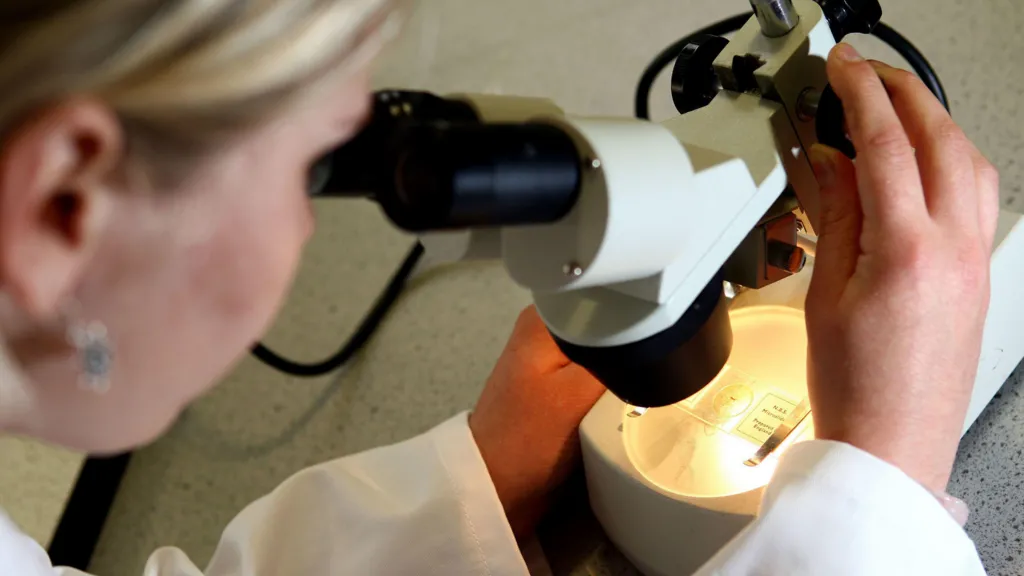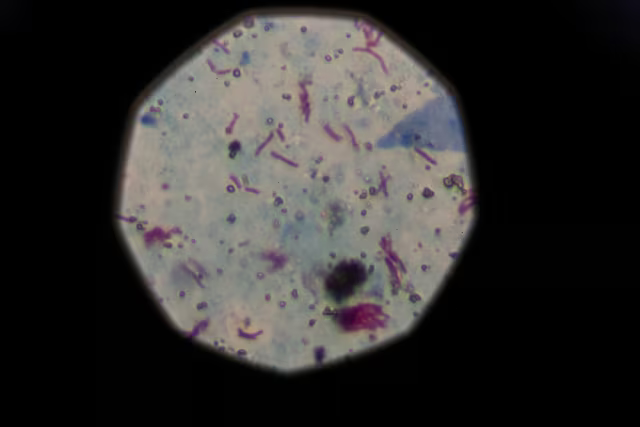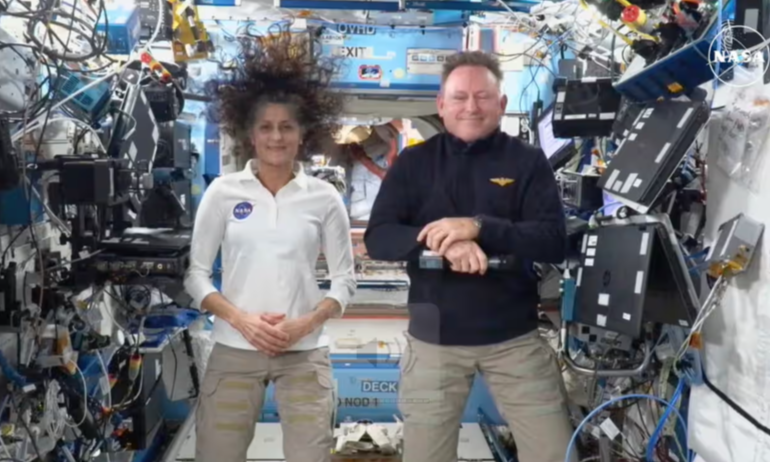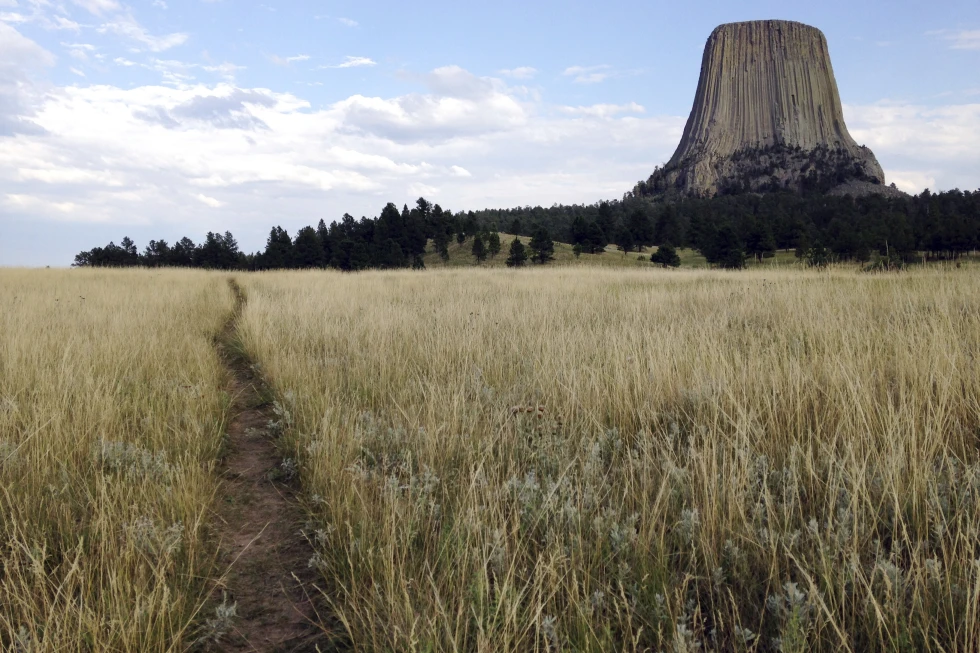Wyoming Firefighter Keeps the Past Alive by Restoring Vintage Pinball Machines
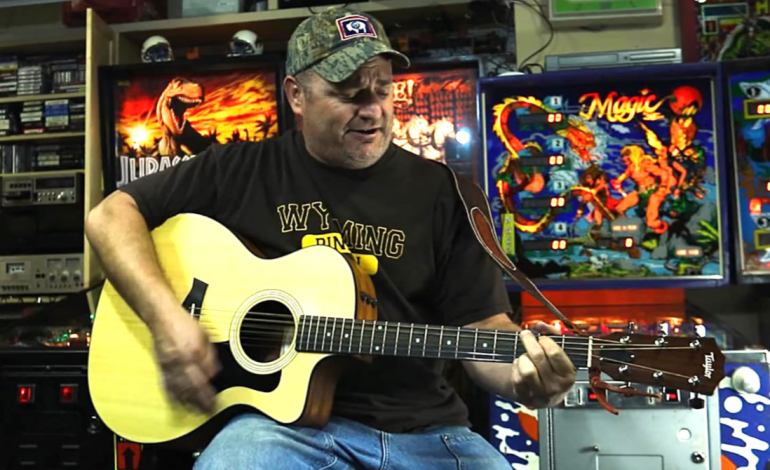
For more than 20 years, Patrick Stafford, a firefighter from Casper, Wyoming, has been breathing new life into vintage pinball machines and arcade games, Cowboy State Daily reports.
What started as a childhood fascination has become a passion project — one that blends a love of nostalgia, mechanical curiosity, and craftsmanship.
Operating from his garage workshop, Stafford has become a go-to repairman for pinball enthusiasts across Wyoming. While his work isn’t about profit, it is undeniably about passion.
“It’s a labor of love… Everybody’s like, ‘You must make a lot of money at it.’ No, I don’t, but there’s nobody in Wyoming that fixes stuff like this. It’s cool to bring life into them because many of them sit for a long time,” Stafford said.
Stafford’s journey into pinball restoration began with a childhood memory. As a boy, he would play on an old 1950s-era Central Park pinball machine in his aunt’s basement. It wasn’t fully functional, so he and his cousins would remove the glass and manipulate the balls by hand.
Years later, the dream of owning a machine of his own became a reality when he purchased two broken machines — Jurassic Park and Lethal Weapon 3 — from a friend in 2003.
The Jurassic Park machine, originally intended for use outside the US, required some reprogramming since its language settings were in Spanish. That machine was up and running within a week.
However, the Lethal Weapon 3 game was a much larger challenge, taking two full years to repair. Stafford described it as a pivotal learning experience that taught him how to troubleshoot pinball machines.
“There’s a lot of information now, but back then there wasn’t much guidance on how to fix them… So you just had to muddle through things and figure it out,” he said.
Those two machines marked the beginning of a lifelong passion for restoring vintage games. Since then, Stafford has repaired and restored hundreds of pinball and arcade machines, transforming them from forgotten relics to fully functional classics.
Stafford has always had a natural knack for tinkering. Growing up in rural Wyoming, he learned to fix things out of necessity.
“I’ve never been afraid to open something up and look at it… Growing up in Wyoming in the country, you needed to be able to fix stuff,” he explained.
This hands-on approach carried over to pinball machines. When he gets a new machine, he typically does a complete teardown — cleaning, waxing, and replacing components. This often includes replacing bulbs (which can number over 40 in a single machine), swapping out rubber rings, and addressing any damage to the electronics or outer cabinet.
Stafford’s work isn’t always straightforward. Each pinball machine has its own unique quirks, and parts are often not interchangeable between machines. If a specific component is damaged, he must track down a replacement — sometimes scouring online forums, trading with other collectors, or waiting for parts to be salvaged from another machine.
“If you have a pinball machine that’s not working and it’s got a bad part, you’ll have to sit on it for a while… You just keep watching forums until somebody’s parting out a similar machine,” Stafford said.
When Stafford isn’t at the firehouse, he stays busy with multiple hobbies. He’s also a country musician, releasing his most recent album, “Full Tilt,” last summer — a playful nod to his love of pinball.
“I’m usually supposed to be doing something else when I’m working on pinball machines… I stay pretty busy, and a lot of the little things I do kind of blend together and pay for each other,” Stafford joked.
Music and pinball have also provided opportunities for family bonding. Stafford’s two sons, Conner and Colin, served as “testers” for his newly repaired machines. After he finishes restoring a game, he lets his boys play it to spot any lingering issues that need to be addressed.
“They’d find anything wrong, and I’d just continue to fix it until everything checks out,” Stafford said.
For Stafford, the charm of pinball machines lies in their history. Many of the machines he works on have decades of use and wear. Scratches and scuffs are often seen as marks of character rather than flaws.
“There’s something about having a machine that’s got a little bit of love on the outside of it… I enjoy that,” he said.
Some of the oldest machines he’s worked on date back to the 1940s and 1950s, a time when pinball machines were made with wooden frames instead of metal. These so-called “woodrail pinball games” use entirely mechanical systems, with no circuit boards to manage gameplay. Stafford enjoys the challenge of fixing these old mechanical systems, often with rows of switches that must be manually adjusted.
But it’s not just the machines that fascinate him — it’s the stories they carry.
One of Stafford’s most memorable experiences came when he bought an upright Space Zap game from a garage sale. Shortly after, a man contacted him, explaining that the game had once belonged to his late father and had been sold by mistake. Stafford agreed to sell it back, giving the man’s mother a chance to reclaim a treasured piece of family history.
“I love stories like that… I love pinball machines that are in the basement that belonged to their dad and don’t work anymore. If you can bring them back to life, then they don’t have to be thrown out, and the next generation can enjoy them,” Stafford said.
While Stafford doesn’t actively advertise his pinball restoration services, word of mouth keeps his workshop full of machines in need of repair. Local businesses, like Dave’s Darts ‘n Billiards in Casper, refer customers to him, and people from all over Wyoming have heard about his work.
One of his most notable clients was US Senator John Barrasso, for whom Stafford repaired a pinball machine. He also recently fixed a machine for a woman who kept it in her dining room as a reminder of her former fiancé.
“Fixing pinball machines takes you to places you’d never expect… And they usually have a really good story of where they picked it up,” Stafford said.
Not every machine can be saved. If a pinball game is too far gone, Stafford will convert it into a “parts machine”. These salvageable parts are used for other repairs or traded with other restorers.
For Stafford, the process is as much about preserving memories as it is about repair. Each game tells a story, whether it’s a nostalgic childhood memory or a beloved family heirloom.
Despite his long experience, Stafford admits he isn’t the best pinball player. He prefers older games from the 1970s and 80s, admiring their simplicity and craftsmanship. His collection includes his original Jurassic Park machine, an upright version of Tron, and a coveted 1983 Star Wars upright game — one of his personal favorites.
“You have the ones that you fall in love with, but I try not to fall in love with all of them,” he said.
His wife, Shireen, is credited with being incredibly patient with his pinball obsession. Stafford affectionately calls her “the most understanding woman of all time.”
“She’s a teacher, and she teaches pre-kindergarten, so she’s used to dealing with people that are on my level,” Stafford joked.
Though Stafford’s collection is impressive, there’s one game he’s still searching for — a Guardians of the Galaxy pinball machine. He and his family loved the movie soundtrack, and Stafford dreams of hearing those same songs while playing the game.
But it’s the older machines that remain his true passion. From the silk-screened art on the glass to the mechanical complexity beneath, Stafford sees them as works of art that deserve to be preserved.
“The older ones are so well put together,” he said.
